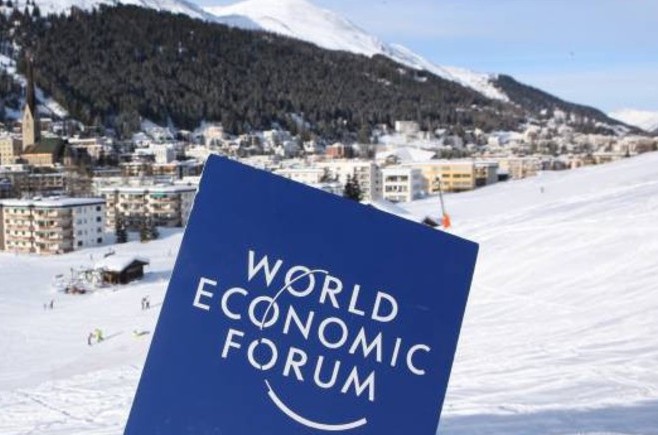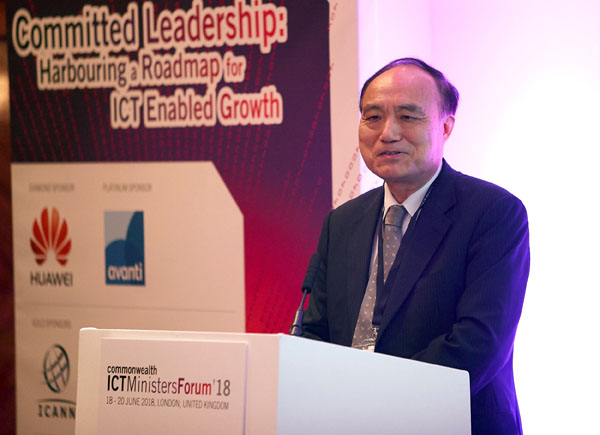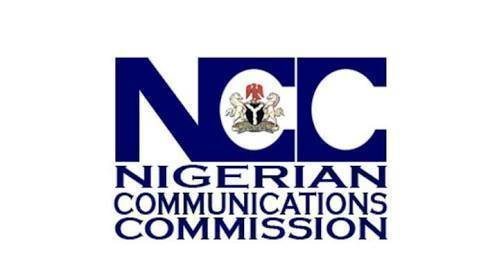The advertising cold warfare currently trending on Nigeria’s TV and Radio stations including billboards and online adverts may not be enough for Coca-Cola Nigeria to beat its rivals in soft drinks as the company has decided to change the narrative.
This time, Coca-Cola Company’s Nigerian operation is set to pump in well over $600m between now and 2020 to boost sales, in line with a global strategy to extend the product range beyond its soft drinks.
Details made available to Business Hilights show that the Atlanta-based beverage maker plans to expand its offering of drinks to include flavoured and condensed milk, iced tea and bottled water to meet demand in Africa’s most populous country, Nigeria.
In a recent interview with Bloomberg, the President of the West Africa operation, Peter Njonjo, said “Our objective is to provide whatever beverages you need across your life stages.”
Though he was silent on market share and advertising, according to him, “The money is part of a pledge by Coca-Cola to invest $17bn in Africa by 2020”.
The Global President of Coca-Cola Company, James Quincey, already has made it clear that the company needs to grow beyond its biggest brand and has called for the soda giant to become a “total beverage company,” being less reliant on carbonated soft drinks.
It would be recalled that in 2016, Coca-Cola bought a 40 per cent stake in Nigerian juice and dairy company, Chi Limited, for $240m and said at the time that it intended to take total control within three years.
Besides, the company has felt the pinch of an economic slump in Nigeria caused by a decline in output and prices of oil, the nation’s main foreign exchange earner, and dollar shortages. The economy expanded by 0.6 per cent in the three months through June, ending five straight quarters of contractions that saw gross domestic product shrink by 1.6 per cent in 2016, the first time since 1991.
This however, forced Njonjo to agree that high inflation increased production costs, while the price of imported goods rose due to the dollar scarcity, just as consumers had less money to spend.
Even though the head of West African operations was silent on production capacity or earnings, Coca-Cola Nigeria, which has 3,600 direct employees, 11 bottling plants and 30 distribution depots across the country, is not listed in the West African nation.









